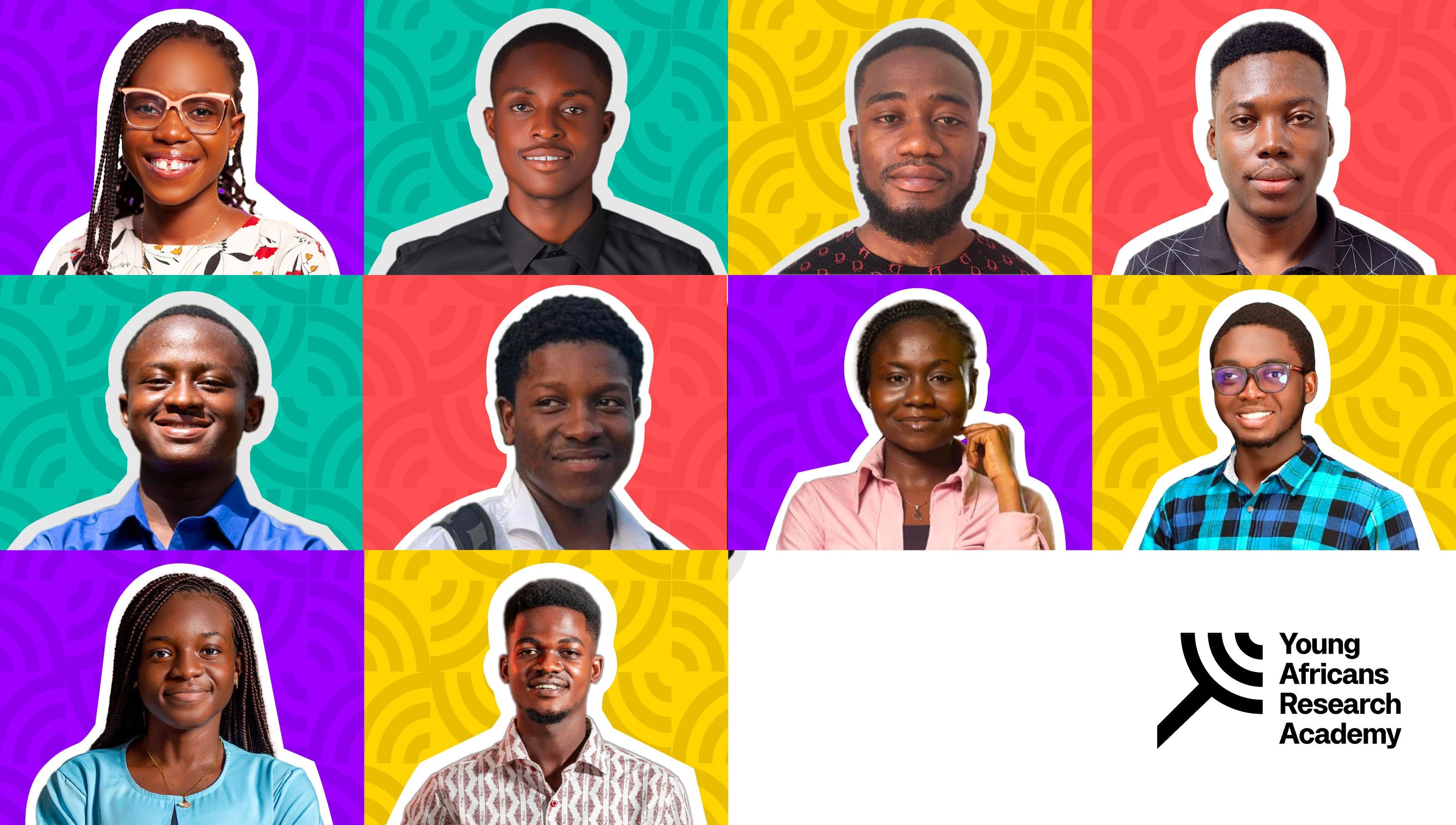Accra, Ghana — May 2025
The Young Africans Research Academy (YARA) has announced its inaugural class of STEM Research Fellows, an exceptional cohort of early-career scholars tackling some of Africa’s most pressing challenges in science, technology, engineering, and health. These ten fellows were selected through a competitive multi-stage process that evaluated over 100 applicants across the continent.
Africa contributes less than 2% of global research output, despite being home to nearly 18% of the world’s population. This disparity reflects not a lack of talent but a scarcity of opportunity, access, and structured support. YARA was founded to address this gap by investing in brilliant African students and helping them go beyond ideas to produce research that is both globally relevant and academically publishable.
“Before YARA, there simply wasn’t a platform like this for ambitious undergraduate students to engage in serious research. Even when students had the drive, they often lacked access to sustained mentorship, especially in institutions where the student-to-lecturer ratio makes personalized guidance almost impossible. What we’ve built is a year-long program where each fellow receives dedicated mentorship from multiple experts, all focused on helping them produce publishable work.” said Isaac aboah, Founder and Executive Director of YARA.
Over the course of the year-long program, fellows will receive intensive mentorship, research training, and opportunities to refine and present their work to academic, policy, and industry audiences. The program’s core commitment is to ensure that every fellow leaves with a well-developed, publishable research paper—a concrete contribution to Africa’s scientific future.
Their projects span key thematic domains including climate change, AI in medicine, public health systems, robotics, neurodevelopment, and financial inclusion, each representing a research frontier with continental and global implications.
Introducing the 2025 YARA STEM Fellows
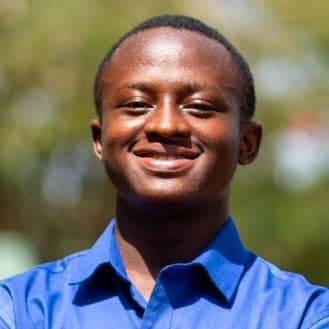
Benjamin Ekow Attabra
Kwame Nkrumah University of Science and Technology | Machine Learning
Project: Engineering Mobile Money Transaction Logs for Credit Scoring in Data-Constrained Environments
In a country where many remain excluded from formal credit systems, Benjamin is building time-aware machine learning models to derive predictive credit scores from mobile money logs. His research bridges financial inclusion with data science, proposing a scalable and fair alternative to traditional credit scoring in low-resource settings.
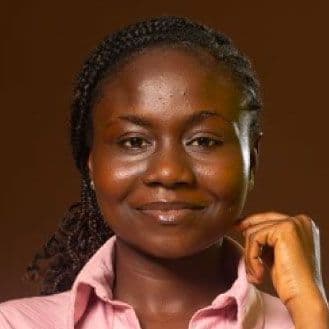
Linda Akosua Essilfie
Academic City University | Neuroscience & Child Development
Project: Early-Life Stress and Neurodevelopmental Outcomes
Linda’s work investigates how adversity in early childhood, such as poverty and maternal depression, alters brain maturation. Using neuroimaging and behavioral assessments, she aims to identify biomarkers of vulnerability and resilience, informing early interventions in underserved African communities.
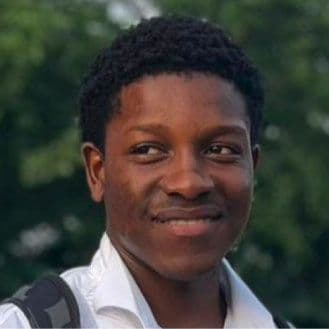
Essel-Biney Nana Benyin Eboe Nyamekye
University of Ghana | AI in Agriculture
Project: Few-Shot Learning for Agricultural Pest and Disease Diagnosis
Essel-Biney is designing a lightweight AI-powered chatbot trained on minimal examples to diagnose crop diseases in maize, cassava, and tomatoes. His work addresses the chronic shortage of agricultural extension officers by providing low-cost, real-time support to farmers, especially in rural Ghana.
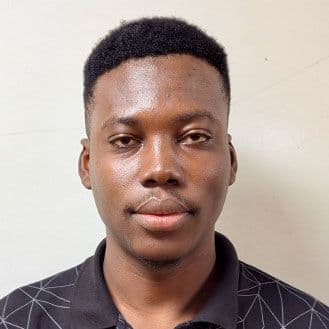
Cajetan Songwae
Ashesi University | Robotics & Computer Vision
Project: Real-Time Neural SLAM for Dynamic Robotic Mapping Cajetan is advancing robotic autonomy through a novel hybrid SLAM system that combines implicit neural representations with adaptive compression. His research makes it possible for robots to navigate and map complex, changing environments in real time, laying the groundwork for applications in healthcare, logistics, and disaster response.
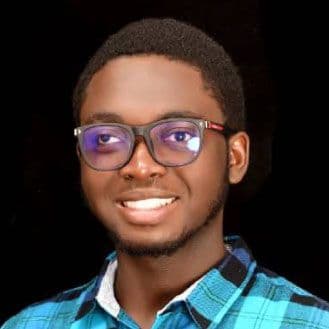
McGovern Twumasi Owusu-Bekoe
Kwame Nkrumah University of Science and Technology | Health Informatics
Project: Asynchronous AI Transmission for Pneumonia Detection in X-Rays McGovern is developing an AI diagnostic tool that prioritizes chest X-ray analysis in low-bandwidth or high-volume clinics. His work blends fairness, accuracy, and accessibility, promising faster diagnoses in rural hospitals and overburdened urban health centers.
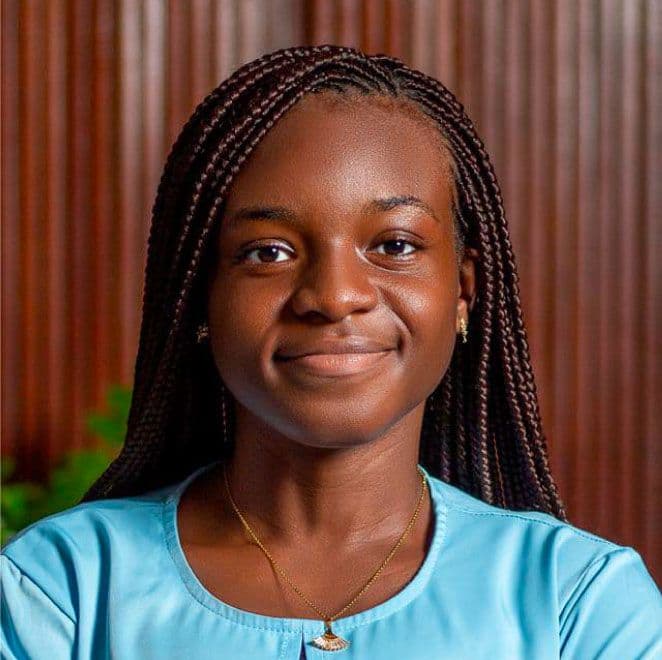
Brianna Ama Nyarkowaa Donkoh
Kwame Nkrumah University of Science and Technology | Epidemiology Project: Molecular Surveillance of Plasmodium falciparum Resistance Markers in Ghana Brianna’s research addresses the threat of malaria drug resistance by using genomic tools to detect resistance markers in parasite populations. Focused on the Bono East region, her findings could directly shape national treatment policies and contribute to global surveillance efforts..
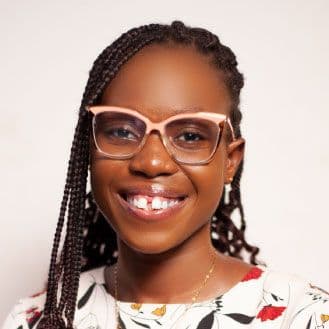
Character Dzorgbenyuie Aku Forfoe
University of Health and Allied Sciences | Epidemiology Project: The Impact of HIV-TB Syndemics on Integrated Healthcare Systems
Character’s project explores the overlapping burden of HIV and TB in sub-Saharan Africa. Through a systematic review and policy analysis, she will evaluate the effectiveness of integrated service models in improving diagnostics, treatment adherence, and health system resilience.

Solomon Tuah
Kwame Nkrumah University of Science and Technology | Climate Science
Project: Projections of Consecutive Dry Days over Ghana under the SSP2-4.5 Scenario
Solomon is modeling how climate change will alter drought patterns across Ghana. Using CMIP6 datasets and geospatial analysis, his work provides urgently needed projections for national adaptation planning in agriculture and water resource management.
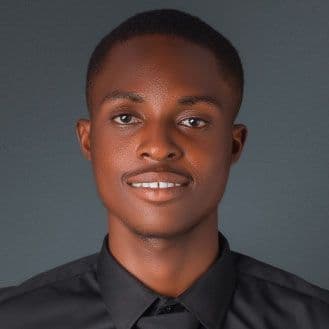
Nukporfe Lord Selase
Kwame Nkrumah University of Science and Technology | Climate Science
Project: Impact of Ocean Warming and Storm Surges on Coastal Communities in Africa
Nukporfe is quantifying the socio-economic risks posed by rising sea surface temperatures and intensified storm surges. His work integrates satellite data and community vulnerability indices to identify high-risk zones, supporting the design of better disaster resilience frameworks.

Samuel Larbi
Kwame Nkrumah University of Science and Technology | Public Health
Project: Association Between Ageing, Obesity and Related Risk Factors Among Ghanaian Adults
Samuel’s public health study explores how age and lifestyle contribute to rising obesity and metabolic syndrome. With a focus on demographic correlations and preventive interventions, his research seeks to inform health strategies for Ghana’s growing elderly population.
What’s Next for the Fellows?
Over the coming months, YARA Fellows will receive mentorship from senior researchers across the continent and diaspora. They will refine their proposals into full papers, present at the YARA Research Symposium at the summit of the program, and engage with policymakers and funders through targeted dissemination efforts. Alumni will also join YARA’s lifelong community to continue building collaborations that endure beyond the fellowship year.
About the Young Africans Research Academy
The Young Africans Research Academy (YARA) is a pan-African initiative committed to nurturing a new generation of researchers who are driven by curiosity, committed to excellence, and anchored in the needs and aspirations of the African continent.
Founded in response to the global research disparity, where Africa contributes under 2% of the world’s scientific output, YARA seeks to dismantle the barriers that limit African innovation. These include limited access to mentorship, weak research infrastructure, and a lack of structured support for publication and dissemination.
YARA’s flagship STEM Fellowship is designed to ensure that every participant produces a publishable piece of original research by the end of their fellowship year. Through intensive mentorship, workshops, and global exposure, YARA is building a research ecosystem where African ideas are not only generated but globally respected and cited.
By investing in early-career researchers working at the frontiers of science, technology, engineering, mathematics, and the social sciences, YARA aims to bridge the gap between academic inquiry and real-world impact and to create a pipeline of African scholars shaping the future from within. Learn more at www.yarafrica.org or follow us on LinkedIn, Twitter/X, and Instagram.

